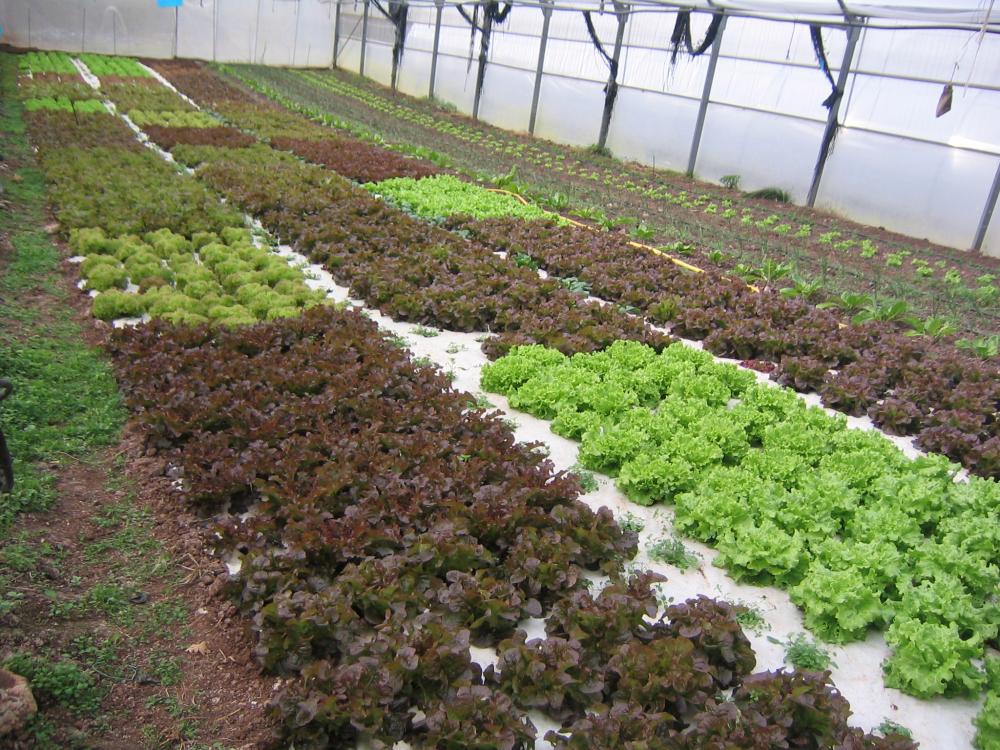Family agriculture produces 70% of the food consumed in the country, mainly fresh produce, fruits and vegetables, and farm animals. In other words, out of the 334,000 agricultural producers in Argentina, 251,000, or three-quarters, are family-owned.
In this sense, the policies implemented to promote programs and support families dedicated to production are fundamental.
Although the Law 27.118 of historical reparation to the sector was passed 10 years ago and is still in force, it is not implemented as it should in practice. Why is this type of practice essential for land conservation and economic and food independence?
### What is family agriculture
Family agriculture includes all family-based agricultural activities, as defined by the FAO. It is a fundamental part of rural development.

It is a way to classify agricultural, forestry, fishing, pastoral, and aquaculture production managed and operated by a family and mainly dependent on family labor. In both developing and developed countries, it is the predominant form of agriculture in the food production sector. Family agriculture also plays an important socio-economic, environmental, and cultural role.
It offers a unique opportunity to ensure food security, improve livelihoods, better manage natural resources, protect the environment, and achieve sustainable development, especially in rural areas.
“Thanks to their wisdom and care for the land, family farmers are the agents of change we need to achieve Zero Hunger, a more balanced and resilient planet, and reach the Sustainable Development Goals,” says the FAO.
### Why is support and public policies important?

In the country, there is the National Directorate for Strengthening and Support to Family, Peasant and Indigenous Agriculture organizations, under Family Farming and Territorial Development.
For family agriculture workers, it is essential that governments allocate policies, programs, and initiatives. Strengthening the position to lead the economic, environmental, and social changes that affect rural areas and the entire planet is crucial for progress.
The benefits can be summarized in several points:
– Contributes to food security: it produces food for domestic consumption.
– Preserves biodiversity: helps conserve agricultural biodiversity and the sustainable use of natural resources.
– Improves livelihoods: family agriculture generates agricultural employment and is a source of growth for rural economies.
– Protects the environment: uses production methods that can help reduce or avoid the risks of climate change.
– Preserves traditional foods: contributes to a balanced diet.
**[Subscribe to our YouTube channel!](https://www.youtube.com/channel/UCrYLIWysAyv4m833zGAQ02g)**

